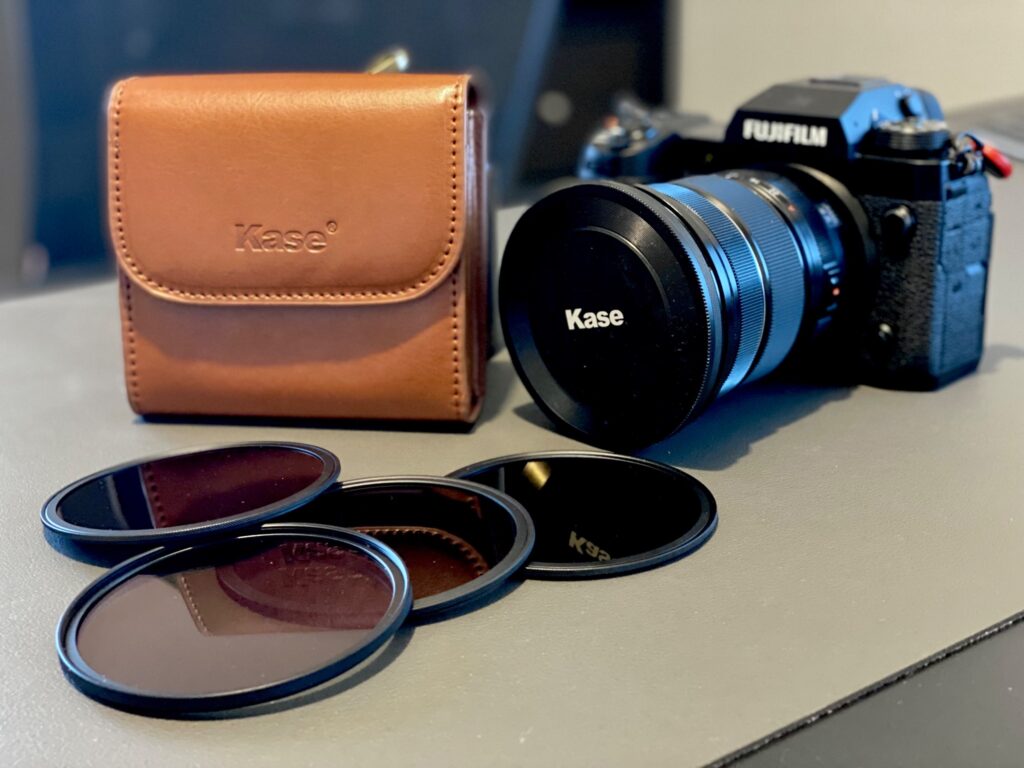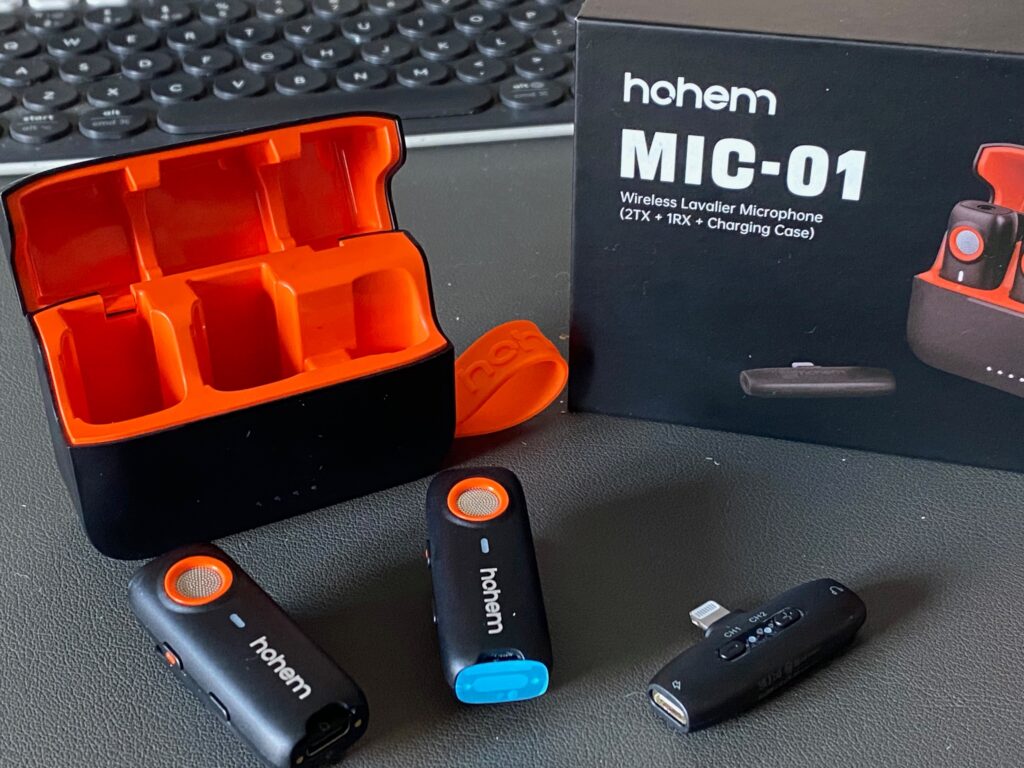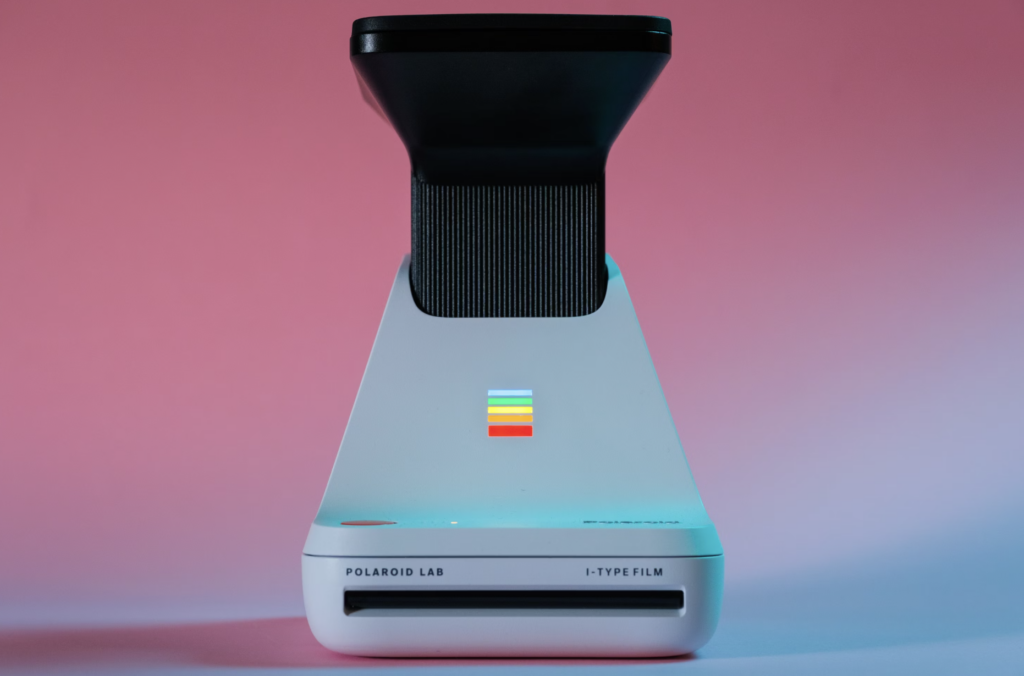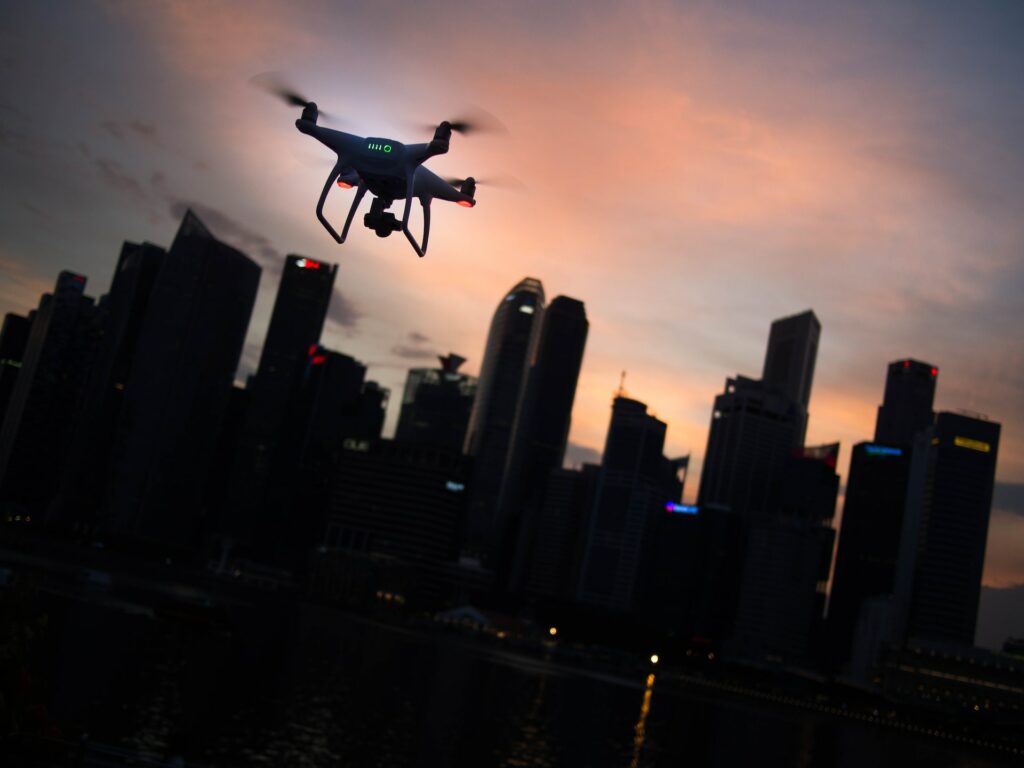Here Are Some Excellent DSLR Photography Tips For Beginners – Well, Seeing As You Own One Now…
You've made the first big step.
Great news, and welcome to the club – though by reading Lightstalking, you were technically already in the club!
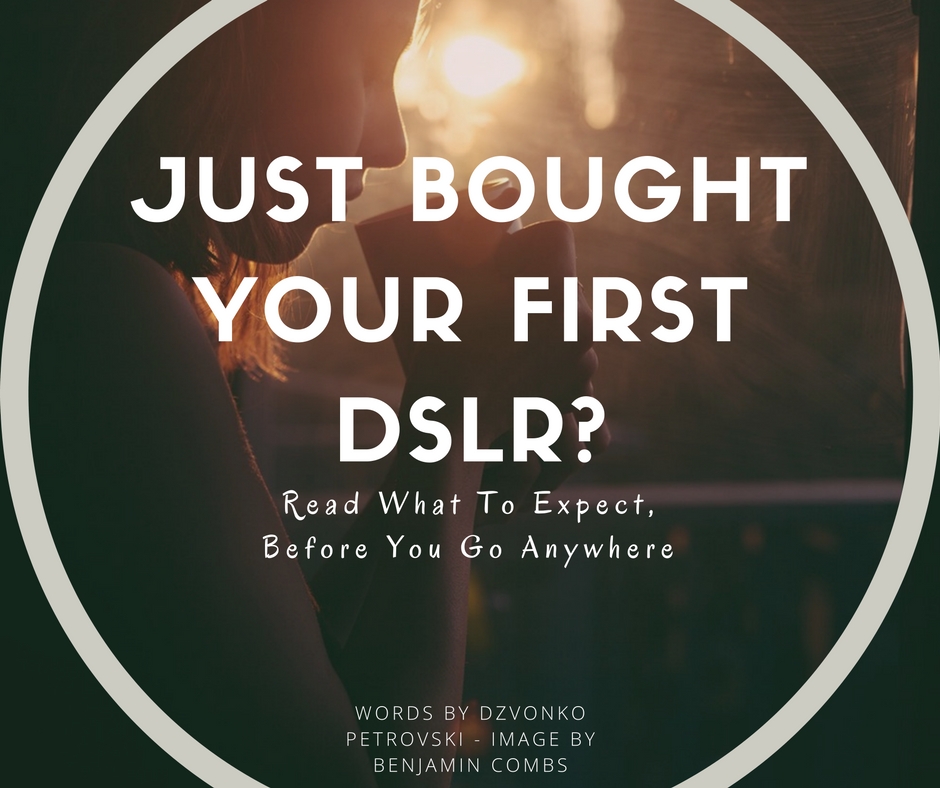
Anyway, so you’ve been using your point and shoot camera or your smartphone for a while now, but you feel it limits you in more than one way, and you decided to get a DSLR camera in order to be able to fully express yourself creatively without any limitations.
Theoretically that is the right choice to do, and theoretically, your expectations will be met.
In practice, however, it can be a completely different story –
“A DSLR camera regardless of being entry level or not is a totally different game. The difference in quality is something you can’t compare.”
Further Learning
What better course than an Introduction Into DSLR Photography? You'll learn the basic techniques you need to take control of your DSLR camera and become an accomplished photographer! Remember, enjoy the journey – we're all still traveling with you….
Sadly, Your New Camera Is Not Magic
If it was, that'd be pretty neat. However, buying a DSLR doesn’t mean your photography will instantly improve. In fact, it may go the opposite direction.
As with any drastic change, it gets a little worse before it gets better, and this applies to the transition from smartphone/point and shoot to DSLR as well. In fact, I may be slightly understating this too. There's a learning curve.
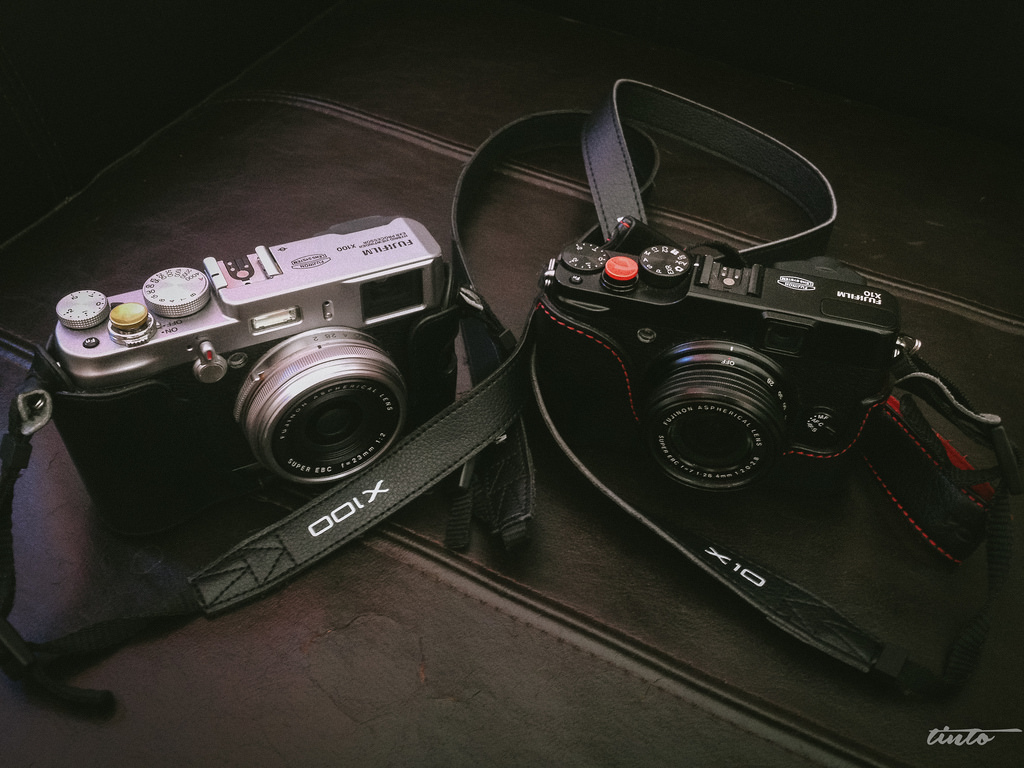
Most beginner photographers presume that the DSLR is a miraculous device that costs a bunch of money and magically produces perfect images by reading your mind. Now, I don't want to disappoint or bring you bad news, but this may not happen okay, not even on Full Auto.
Therefore, we've gotta equip you by ensuring you have realistic expectations and can fully enjoy the benefits your new piece of camera equipment is capable of producing.
We've got some great Q&As to help you out here.
The DSLR vs Smartphone/Point And Shoot Camera
First of all, DSLRs are more complex cameras than your smartphone – no surprises. This means that they have far better capabilities, but they come at the cost of complexity.
But, Megapixels Though!?
Even though smartphones with more than 15 megapixels nowadays are quite common, that doesn’t make them equal to a DSLR with 15 megapixels.
What's Wrong With My Smartphone 15MP Camera?
The sensor, that tiny photosensitive surface in the DSLR is much bigger than in the smartphone/point and shoot, and thus it provides for a much cleaner image (less noise), and a greater dynamic range.
The optics, even the cheapest kit lens is superior when compared to the smartphone optics, and that is not changing any time soon. So buying your first DSLR and lens is already an investment in your photography.
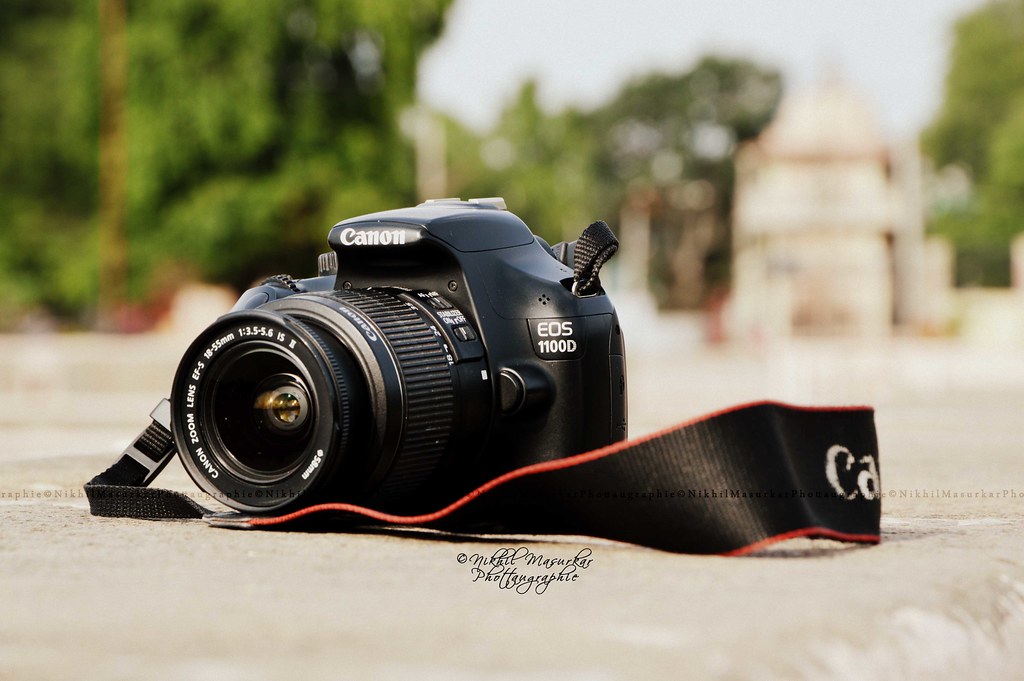
by Nikhil Masurkar, on Flickr
Having a bigger camera, lens, and sensor and therefore, having total control over each and every setting possible, will prove to be quite overwhelming in the beginning. This is especially true when the camera won’t attempt to fix your mistakes as the smartphone would.
Top Tip!
Do not go into panic mode. You don't need to learn everything at once! There are a few auto settings you can start off with like:
- Auto ISO – Great article here explaining how you can make the best use of using the auto ISO function.
- Auto White Balance – This guide will explain all you need to know about white balance and what your camera is selecting.
The Final Tip For Using Your DSLR…Reality Comes A Knockin'
- It will be harder to use, much harder. But you know what, that's OK. Your photography opportunities have just sky-rocketed, how cool is that?
- It will be bulkier to carry, it will weigh more and you won’t be able to fit it in your pocket. Pretty obvious stuff, but that's the trade off and you know what, you'll get used to it.
- Most DSLR’s won’t do you many favors if you shoot them through Live View Mode (i.e. using the rear LCD display instead of the viewfinder) since they work slower that way, you've got too many distractions in your peripheral vision and the battery lasts significantly less.
The focus is quite a bit slower in Live View too.
It will take a lot of time until you get used to the form factor, and of course more time until you master each setting of the DSLR.
You’ll need to understand how a photograph is created first, then figure out what are the benefits and side effects of each setting in any given scenario.
What Do I Mean By This?
- Well, is the scene varying in available light?
- Are you going in and out of bright then dark rooms – like at a function or party?
- Is the light constant and soft? Or is it harsh and high?
These factors determine when you need to look into developing your knowledge around how Aperture works, Shutter Speed, ISO or Exposure Compensation. Remember, light and making the best use of it should be at the forefront of what you do.
In the beginning, you’ll likely end up with loads of shots which are totally white, or totally black – aka Highlights and Shadows.
Loads of shots which are just smudges (and you’ll try to convince yourself that they can pass as abstract art, then you’ll realize that's perhaps not a good idea), this is due to not knowing what the longest shutter speed is for handheld shooting.
But that is okay.
It's all part of the game and the learning curve, right? Once you master it (or at least start to understand it) you’ll encounter less and less of these mishaps. Gradually you start to see REAL improvements in your photography!
Summary
The DSLR will make you work for the good picture. It will eat your time, it will (eventually) eat your wallet (should you choose to invest in more/upgrade your gear).
These DSLR photography tips for beginners will, more than anything, make you aware of not rushing through the learning process and taking your time.
Once you buy a DSLR it never stops there. Soon you’ll want a different lens, you’ll want a flash, then another lens, then another – better DSLR and so forth. Once you enter those waters, there is no coming back.
This my friends, is all part of the wonderful art of photography! Don't get me wrong, you don't NEED to spend a load of money – in fact, here's proof – How to Get Started in DSLR Photography for Under $300!
Since your DSLR will make you work for the picture, you’ll develop a different sense and understanding for photography. Each picture you take will have different meaning and it will feel more rewarding when compared to those shot with a smartphone or point and shoot camera.
Lastly, you’ll start doing some real photo editing, not just slapping on filters from VSCO Cam or Instagram, plus you'll create a real workflow. Adobe Photoshop / Lightroom will be your new best friend, and soon enough you’ll really start to stand out!
DSLR Photography Tips For Beginners – Top Takeaways
- Remember the obvious, you've got to put time into learning your new DSLR.
- If you get stuck, Lightstalking has an absolute ton of useful stuff for beginners! Yes, we're beginner friendly 🙂
- Don't be concerned about starting with “most” things on auto mode whilst you learn the fundamentals about light and exposure. It's about gaining confidence and experience.
- Best way to learn? Practice, practice, practice! It's the same old cliché BUT it's true, figure stuff out for yourself, then learn why it worked or didn't work.
- Blurred image? Too dark? Wow, too bright?! Unwanted silhouette? Excessive noise? – Eeek, problems galore! ALL SOLVABLE too.
Read through our guides, particularly on the Exposure Triangle to understand the absolute fundamentals about how you want your camera to work. - Also, learn how to read the histogram – it'll help you hugely whilst shooting and post-editing!
Further Resources
- Know Your DSLR Camera: What Do All the Controls Mean? by Jason D. Little
- Essential Photography Gear For Beginners by Dzvonko Petrovski
- Depth of Field – A General Guide for Beginners by Jason Row
- The Exposure Triangle and How it Affects Your Photos by LightStalking
Further Learning
What better course than an Introduction Into DSLR Photography? You'll learn the basic techniques you need to take control of your DSLR camera and become an accomplished photographer! Remember, enjoy the journey – we're all still traveling with you….

